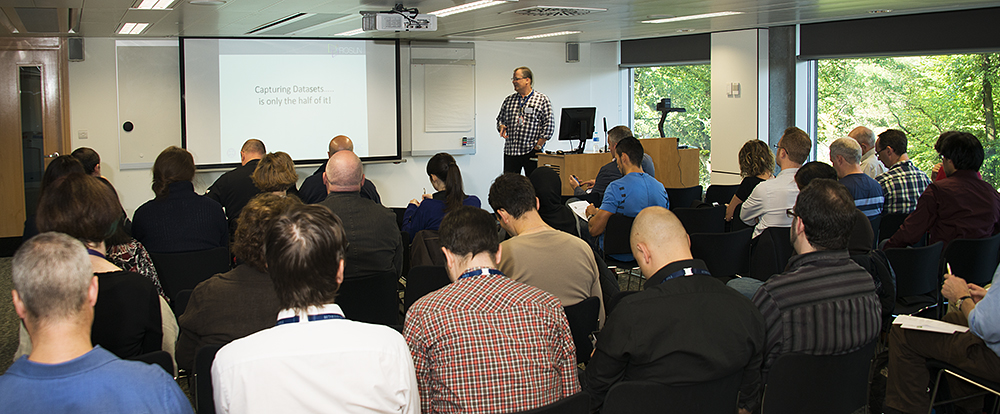9 EPSRC grant holders and researchers were interviewed as follow-up to the EPSRC Expectations Awareness Survey conducted in February.
A new leaflet detailing all systems in the RDM portfolio is being created, which will explain the Data Asset Register, and the use of PURE, in the context of all the systems available across the research lifecycle.
The PURE system now has a module that allows the datasets to be described. This fulfils EPSRC Research Data Expectations requiring datasets to be described and those descriptions made available online. Datasets described in PURE are shown as part of staff online profiles in Edinburgh Research Explorer alongside other research outputs.
The RDM Service Coordinator gave an invited presentation at the “Open access and research data management: Horizon 2020 and beyondâ€� FOSTER Workshop, University College Cork, Eire (15 Apr. 2015) – https://www.fosteropenscience.eu/content/looking-after-your-data-rdm-edinburgh-institutional-approach
DCC and RDM programme staff to meet with key contacts in selected schools to discuss local support and draft guidance.
DataShare release 1.7.2 went live in April with a new default open licence – Creative Commons International Attribution, 4.0 (CC-BY 4.0) to replace the Open Data Commons Attribution licence.
Discussion is on-going between UNC-Chapel Hill, Data Library and colleagues in Web, Learning, and Teaching Division about collaborating on ‘MANTRA as a MOOC’ to be delivered next autumn.
ITI / Research Services are to investigate provision of a hosted GIT service for research software generated for research at the university.
RDM programme webpages in Polopoly are being checked for accuracy and compliance for their planned migration to Drupal.
All Schools in CHSS have now added links to the RDM Programme website and other RDM pages through their intranets. GeoSciences, Chemistry, Informatics and Mathematics in CSE have also added said links via their intranets.
Content has been finalised for the new ‘Working with personal and sensitive data’ RDM course.
Stuart Macdonald
RDM Service Coordinator



